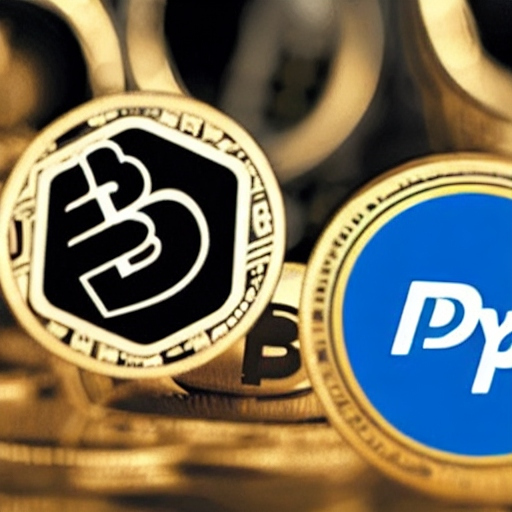In an effort to take advantage of the “emerging potential” of digital tokens backed by US dollars for consumer payments, PayPal is launching its first stablecoin.
PayPal USD, a stablecoin that is entirely backed by the US dollar, is “designed to reduce friction” for payments made in virtual spaces and to offer quicker, less expensive international money transfers.
The use case for the new token now seems to be restricted to “web3” and crypto-related applications. PayPal, however, is banking on a time when the use of digital money becomes more widespread and retailers start to accept stablecoins as payment in order to save credit card processing fees. Similar to how banks impose remittance fees, cryptocurrency owners can transmit money immediately across borders.
According to PayPal CEO Dan Schulman, the transition to digital currencies necessitates the use of a reliable instrument that is both digitally native and simple to link to fiat currencies like the US dollar.
As their name suggests, stablecoins are intended to maintain their value, making them an essential tool for cryptocurrency traders because cryptocurrencies are notoriously volatile. The majority of stablecoins are closely correlated to a conventional fiat currency like the US dollar or a physical good like gold. Additionally, stablecoins serve as a kind of on-ramp, making it simpler for investors to convert their crypto assets into money that can be spent in real life.
Stablecoins like Tether are a foundation in the $1 trillion digital asset market’s architecture because of their alleged stability.
The stablecoin from PayPal (PYPL) will be “compatible with that ecosystem from day one,” according to the company. It will be accessible “soon” on Venmo, the well-known payment app that PayPal (PYPL) owns.
Sometimes stablecoins aren’t as stable as they claim to be. The “algorithmic” stablecoin TerraUSD crashed in May 2022 along with the crypto token backing it, Luna. This spread panic throughout the industry, wiping out the cryptocurrency market by around $40 billion. Later, the Securities and Exchange Commission accused Do Kwon, the coin’s developer, of deceiving investors regarding the stability of the coin.
Unlike Terra, PayPal USD, or PYUSD, is not valued according to a complicated algorithm. It is issued by Paxos Trust, a company that provides blockchain infrastructure, and is completely backed by US dollar deposits, US Treasury securities, and other cash equivalents, the companies claim.
To put it another way, each PayPal USD should always be worth $1.00.
In introducing PYUSD, Paxos and PayPal are “proving the real-world value of blockchain technology,” according to Charles Cascarilla, CEO of Paxos, who also called the new currency “the most significant leap forward for digital assets and the financial industry.”








